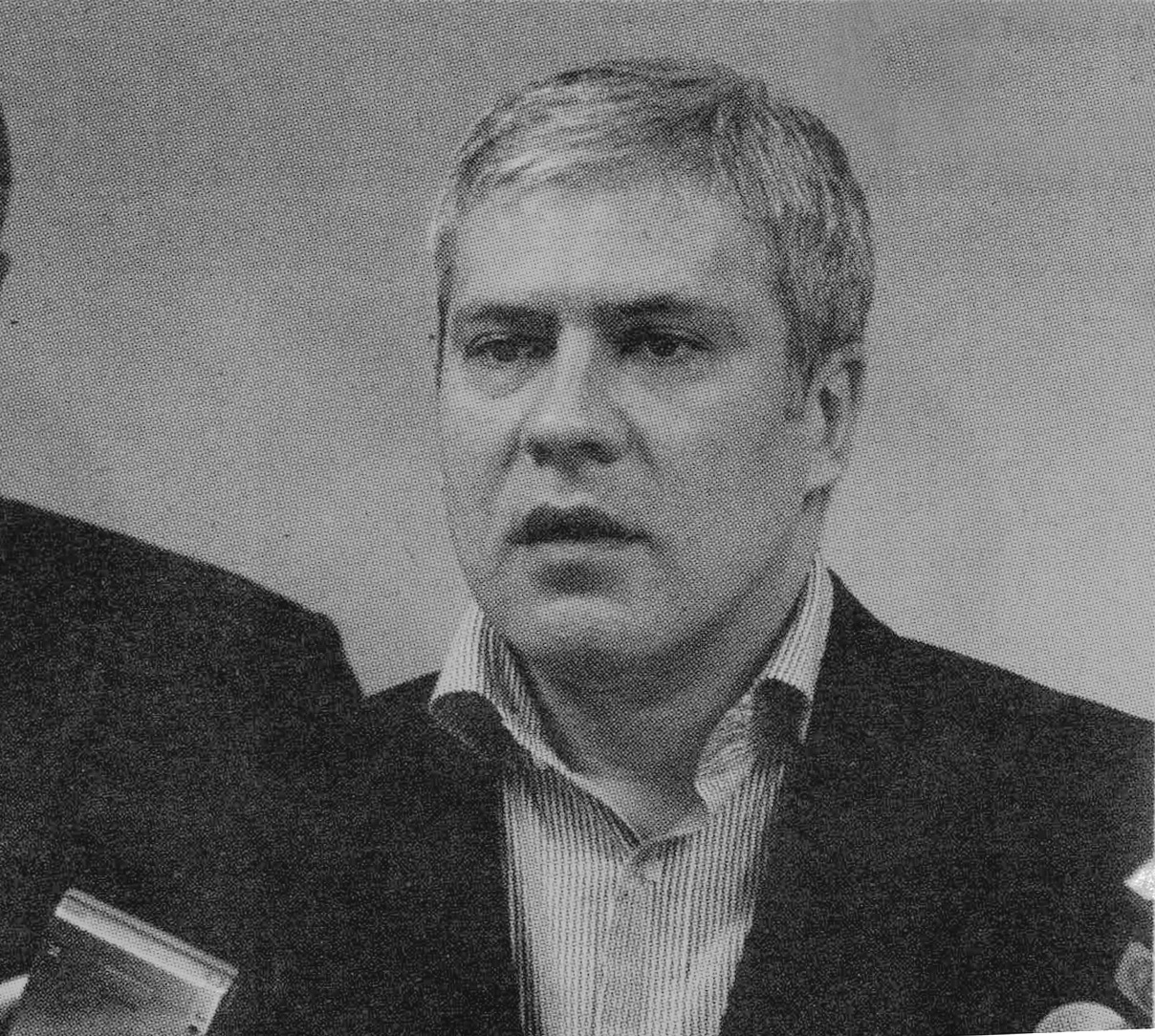 |
Republika Srpska under threat?
by Agencies, V.Popovic and Dragan Jerinic
I
Serbia’s president Boris Tadić stated last Friday that Serbia’s non-cooperation with the court in The Hague could endanger the survival of RS. ‘The failure on the part of our interior ministry [MUP] to arrest those from RS who have been indicted by the Hague tribunal [and are now in Serbia] would endanger the survival of RS.’ He added that he would continue talks on this subject with RS president Dragan Čavić and B-H foreign minister Mladen Ivanić. ‘They tell me the addresses [of the indictees] have been delivered [to the Serbian MUP], but I have had no confirmation from the MUP in this regard. I wish to hear the other side, but MUP must do its duty.’ He told the press that his recent talks with politicians and officials from RS confirmed the existence of full consensus among them on the need to cooperate with The Hague, but the same was not true for Serbia. The former Serbian justice minister Vladan Batić said that the addresses had been sent to the Serbian MUP on 27 October, as was confirmed by Dragan Čavić during his meeting with Koštunica. ‘The Serbian authorities [i.e. MUP] are pretending that the addresses do not exist, for the simple reason that they do not wish to see the men arrested - and they do not hide the fact. What has happened is that the RS authorities have realized they can no longer play games with the world regarding The Hague, which us why they have delivered the addresses and apologized for Srebrenica. They have even told Koštunica that if he is ashamed [!] to arrest the men on the list publicly, he should do it secretly and deliver them to the RS authorities, who would then hand them over to the Tribunal.’

II
Dragan Čavić stated on the same day: ‘I told Koštunica that RS finds itself in a worse situation than Serbia, given the consensus among the greatest international authorities about what should happen to RS if it fails to cooperate with The Hague.’ He stressed that while non-cooperation could lead to ‘economic sanctions being imposed on Serbia’, RS would fare even worse. He did not specify what measures the Security Council could take against RS, but added that ‘unlike Serbia, Bosnia-Herzegovina has a High Representative, so that it is obvious who wields the stick.’ He invited the indicted RS citizens to surrender, but added that the RS government and police bear the main responsibility for cooperating with The Hague, and that a public invitation to surrender does not mean that it will happen. Asked if this means that the indicted criminals will soon be arrested, he said: ‘Yes, if they are caught.’ Čavić said that RS’s cooperation with The Hague has entered a dramatic phase, and that he is aware of the risks faced by RS institutions in the absence of concrete steps in this regard.

Agency reports and V.Popović
III
Koštunica’s reservation for Hague fugitives
When in October 2000 Vojislav Koštunica assumed the throne of the then president of FRY, to which he was led by the citizens of Serbia in the belief that this would rid them of the restrictions imposed by Slobodan Milošević’s regime, only a small minority insisted that this was a great delusion. Today, however, it is clear that his candidature was a classic trick played on DOS by Milošević’s state security service. Koštunica, who was and remains an admirer of Milošević and the guardian of his achievements, is his true heir in every sense of the word. He failed to fulfil the promises he gave on that occasion only in that he was unable to prevent Milošević’s delivery to The Hague, because he had not been informed of it in advance. Everything that has happened in Serbia since that time represents a personal ‘blood feud’ against those who put Milošević in what is in fact the right place for him. Koštunica today, like Milošević in his time, has made Serbia into a reservation for Hague fugitives from both Serbia and RS. It is public knowledge, as confirmed recently by Carla del Ponte, that only Radovan Karadžić is located in RS, while the rest of those whom RS is obliged to arrest and deliver to The Hague enjoy the full protection of Koštunica’s regime. One thing is clear at this moment, which is that RS will continue to exist only to the extent that it has arrested and delivered the requisite number of those indicted by The Hague. As to why Koštunica is protecting the fugitives, it is clear that this is not some game on his part, but a condition of his remaining in power. Were he to arrest any one of them, he would be left not just with a minority government, but with no government at all. Nor would he continue to have any place in Serbian political life. Guided by his ‘patriotic duty’, he will do everything to save his political position, and nothing to remove the noose from around the neck of the Serb people - as well, unfortunately, as that of Bosnia-Herzegovina.
Dragan Jerinić
These reports have been translated from Nezavisne novine (Banja Luka), 13-14 November 2004
|